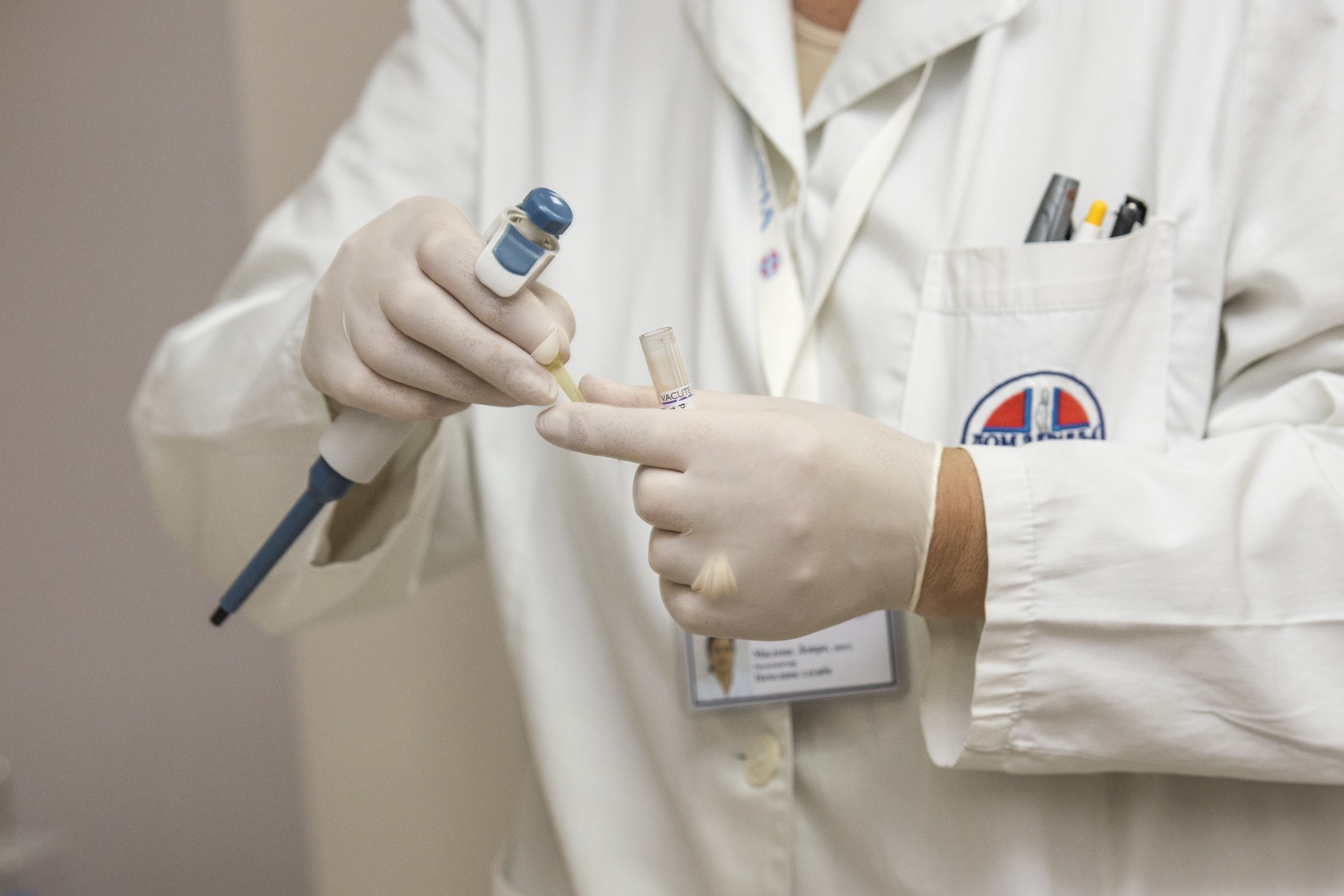We Teach Communications Skills to Doctors and Nurses
Clear Communication is Key for Healthcare and Medical Professionals
Statistics from the Joint Commission of Accreditation of Healthcare Organizations found that 65% of hospital deaths and injuries are directly related to communication breakdowns. Nearly 55% of medication errors are caused by faulty communication. These are preventable errors that would not have occurred if the communication had been clear.
When a doctor treating a patient directs a nurse to administer sixteen milligrams of a medication and she misunderstands her and proceeds to give the patient sixty milligrams of the medication, the results could be disastrous.
Sometimes it is difficult for non-native English speakers to recognize that there may be a problem because, often, they've been speaking English since they were children, and it's been good enough to get them where they are. The issue is simply a matter of needing extra, specialized training in improving communication skills.
Frequently, native English speakers lack the ability to project their voices appropriately and speak in a clear, professional manner. Health professionals who speak at a too-fast or too-slow rate, in too high or low a volume, have other speaking habits that may negatively affect communication, or lack excellent listening skills send the wrong message to both patients and other professionals, alike.
There are brilliant researchers who, if capable of presenting their ideas in not just a digestible, but a dynamic manner, could effect important change. The more people you can reach and connect with, the more good your hard work and ingenuity does in transforming the world.
Strategies for more effective communication are demonstrated, discussed, and practiced by the participants. Exercises that bring home the importance of clear communication are used as examples for carryover into health professionals' daily lives. Practice often includes role play, as well as materials that include vocabulary, acronyms, and idiomatic expressions frequently used in healthcare settings.
Medical facilities should not expect their staff SLPs to provide this type of service. They have incredibly busy caseloads, and asking them to "treat" the staff would reinforce a stigma that something is wrong and requires therapy. Instead, hire an off site SLP who specializes in accent reduction training and professional communication skills. That way, this person is brought in as an expert trainer, and can also provide opportunities for CEUs.
Statistics Relating to Medical Interpreters
Most Common Interpreter Errors
52% Omissions:
In which the interpreter left out an important piece of information.
13% Substitution:
In which a word or phrase is replaced with another word or phrase of a different meaning.
8% Additions:
In which a word or phrase is added by the interpreter.
16% False Fluency:
In which the interpreter used words or phrases that didn't exist in a specific language.
10% Editorialization:
In which the interpreter's opinion is added to the interpretation.



